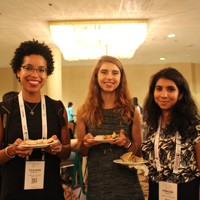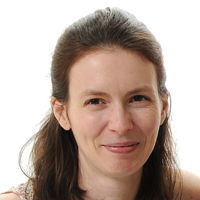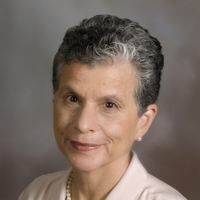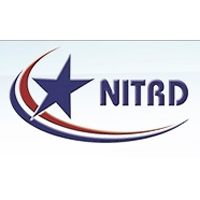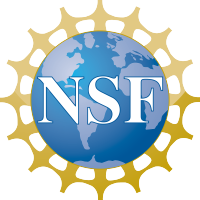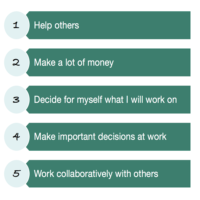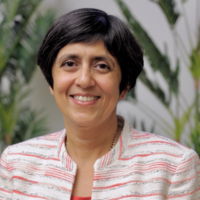New from CRA: Database of Candidates for Academic and Industrial/Government Laboratory Positions
CRA has started a new service intended to improve the recruiting process for academic and industrial/government laboratory research positions.
Candidates for these positions can upload their resumes, research and teaching statements, job objectives and other preferences, and a link to a presentation video. Recruiting officers with access are able to search this information and are encouraged to contact candidates.
The database can be accessed through https://cra.org/cv-database/. For further information, including an instructional video, visit: https://cra.org/cv-database/#Info.


